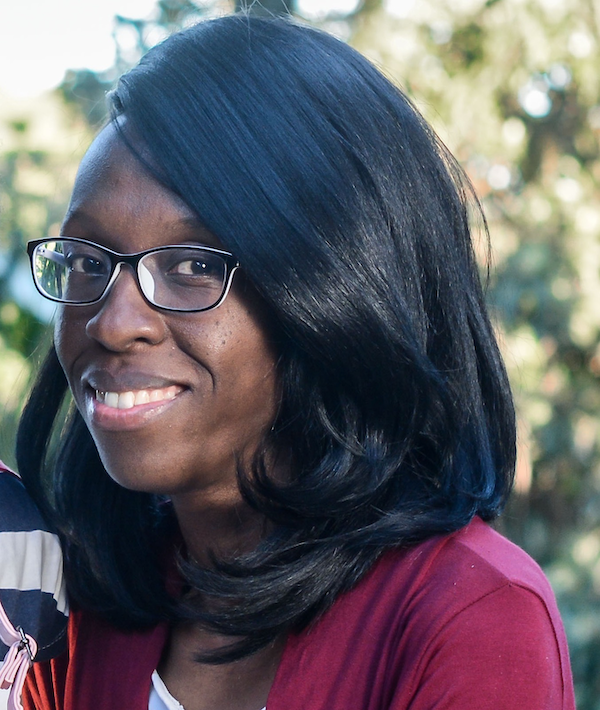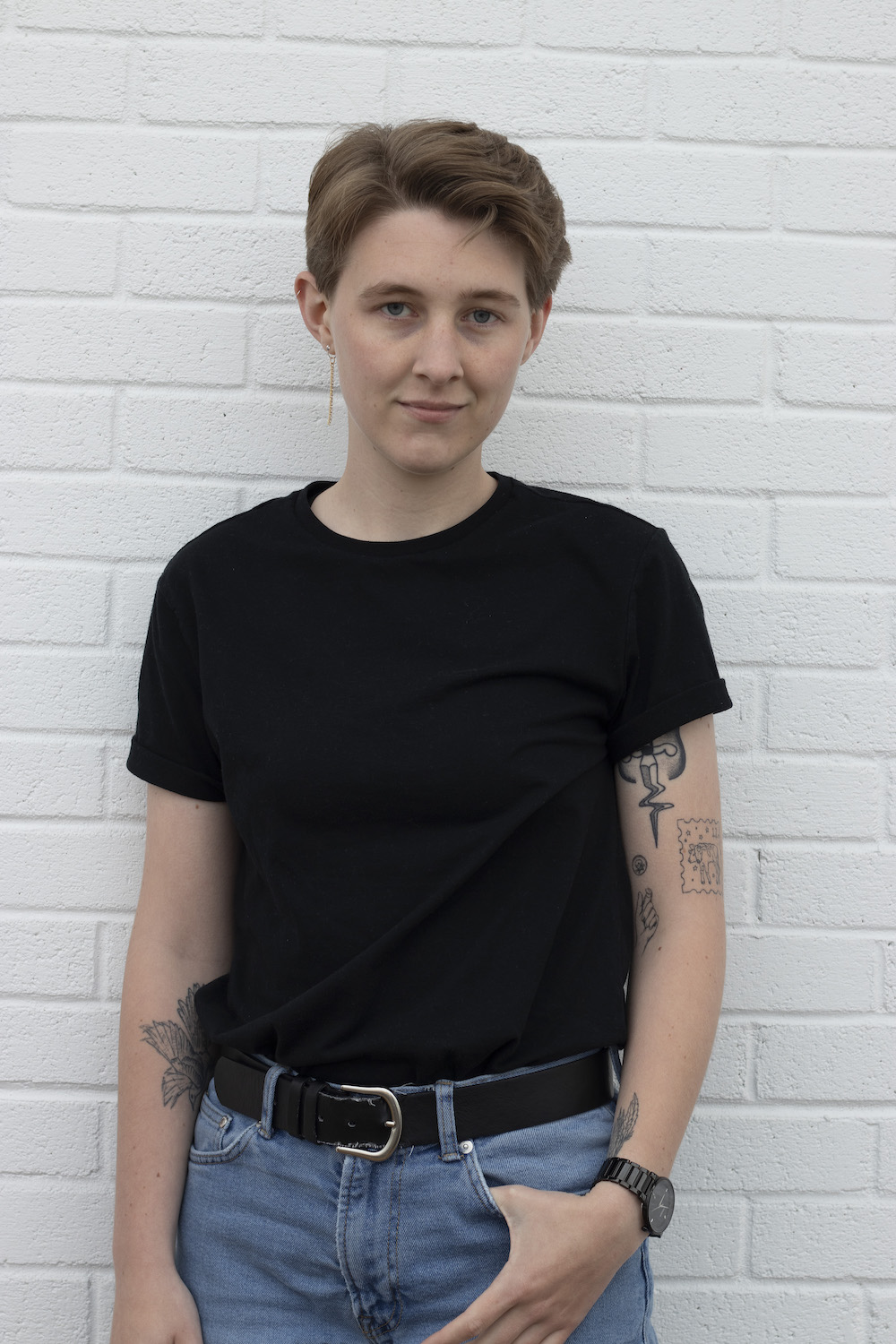Fiction podcasts are a fantastic way to tune out from the real world and immerse yourself in a narrative, and a good alternative when Ira Glass is too busy to come over and read you a story. They can be produced far easier and cheaper than a movie, and using audio gives you narrative tools you don’t have in books. Writing a fiction podcast is similar to writing any type of scripted material — you’ll need a gripping story, compelling characters, and the right software to get it all down.
What makes a great fiction podcast?
A fiction podcast is a form of scripted fiction performed through an audio-only medium. With a fiction podcast series, you can tell one or many stories over the course of several episodes. However, a good script is only one of part of what makes a successful audio fiction show. Before you start writing, you’ll probably want to consider other audio storytelling basics, including the tools, the sound, and the delivery.
- A document-writing program. First, you need something to write your script on. Programs like Microsoft Word give you a blank slate to craft a script in any format you want. Scriptwriting software programs like Final Draft make it easy to draft a narrative in standard script format (that is, in Courier font, formatted for each character’s dialogue, and so forth).
- A good story. Writing for audio is much different than writing for a standard visual medium like TV or film. Your story has to be completely communicable through words and sounds only, which can limit certain ideas and plot devices (there are no wordless exchanges or telling looks on podcasts). Once you have an audio-friendly idea, outline it from beginning to end so you can see how the story unfolds. Think about how your podcast episodes flow into one another. While what constitutes a good story is entirely subjective, audiences are usually eager to discover something completely original, or a refreshing take on old-school tropes. Emotional throughlines (like redemption arcs or journeys of self-discovery) and clever plots (like murder mysteries or enemies-to-lovers romances) never hurt either.
- Compelling characters. As in any television or film production, fleshed-out, believable characters in an audio drama or comedy fiction podcast are critical to drawing an audience. When characters have humanizing quirks or relatable flaws, listeners get invested in their stories. Compelling characters can make up for a lot of other flaws — weak plots, imperfect audio, even mediocre writing. Compelling doesn’t have to mean likable, either — villains should be just as interesting and understandable as the rest of your characters (though they might make more questionable choices); and your protagonists don’t have to be nice people either.
- Believable performances. Great fiction podcasts need great vocal talent. The right voice actors can breathe life into your dialogue and help create an immersive and believable listening experience. If time and budget allow, have voice artists perform several takes of their lines to give you plenty of options when putting together the final cut.
- The right equipment. Since audio fiction podcasts lack visuals entirely, sound is an integral component. Clear, high-quality sound ensures smooth listening without annoying interferences like static or feedback, so start by investing in a decent microphone. You can also look into advanced tools like binaural microphones, which record audio in three dimensions so that the listener feels like they’re surrounded by sound.
- Editing software. Once you’ve recorded your audio, editing software will help put it all together. You can also use editing software to add sound effects or Foley sounds to immerse you audience deeper in your story.
Fiction podcast genres
Just like there are genres of books and movies, there are fiction podcast genres. And they’re basically the same ones. Whether you’re looking to get inspired with a thrill, a laugh, or an emotional audio drama, here are some popular genres to check out (and consider for your own show):
- Thriller/horror. A thriller fiction podcast can shred your nerves and leave you on the edge of your seat just like a horror movie. But without the visuals of sharp weapons, dangerous locales, and scary-looking monsters, thriller and horror podcasts need a great story and on-point sound effects to facilitate the right creepy (or gory or anxiety-inducing) tone. One popular entry in this genre is The Black Tapes (2015), a fictional, serialized horror/investigative journalism story that deals with tales of the supernatural. It’s executed as if it were a nonfiction series, similar to a found-footage horror film.
- Mystery. Mystery fiction podcasts, like Limetown (2015), tend to slowly unravel a mystery over a number of episodes. A popular sub-genre is the murder-mystery podcast, like Deadly Manners (2017), in which characters — some voiced by some famous actors including LeVar Burton and Kristen Bell — are killed off one-by-one over the course of the series.
- Comedy. Not every fiction podcast is looking to keep you up all night — some just want to make you laugh or ease your mind, like road trip comedy podcast 1994 (2018) or The Amelia Project (2017), a pitch-dark comedy. Comedy can span multiple genres as well — Showmance (2021) and Vote for Love (2020) are two recent audio rom-coms.
- Sci-fi/fantasy. Science fiction and fantasy fiction podcasts are another genre-stretching category, often featuring elements like supernatural visitors, tech gone wrong, hidden worlds, and unexplainable phenomena. Welcome to Night Vale (2012) is an example of a sci-fi/fantasy podcast that also brings in elements of paranormal-inspired horror.
- Family. There are plenty of kid-friendly fiction podcasts that are fun for the whole family, featuring lighter (and less murder-y) stories that are easy for children to follow. What if World (2016) takes a what-if question and spins it into a new story each week, and Aaron’s World (2016), a science-themed kid-friendly audio drama, tells tales about dinosaurs and robots.
- Anthology. Rather than telling a serialized story over the course of multiple episodes or season, anthology podcasts tell a new, standalaone story in every episode (or a new story every season). Usually the stories will fall under a specific theme — e.g. a horror, comedy, sci-fi, etc. Examples of fiction anthology series include the horror-themed The NoSleep Podcast (2011) and Breathing Space: A Sci-Fi Western Audio Anthology (2021).
Now the hard part
We can give you the basic context for writing a fiction podcast, but writing it is all you, and it’s the hardest part of all. It will be hard, lonely work. Our best advice is to sit down and bang out a first draft as quickly as you can. Try not to question yourself or get too hung up on anything as you go.
Once you reach the end, set it aside for at least a day or two. Then sit down and read it. You might also have a friend or colleague read it — just emphasize that it’s a first draft. Because, fair warning: it will probably be pretty bad. Maybe you’ll nail it the first time but that’s very, very hard to do, so don’t be discouraged if you don’t like what you see. Take notes on what’s missing, what’s not working, and what is. Next, sit down with your notes — and your friend’s, if you went that route — and start writing again. Plan to rewrite the whole thing, top to bottom. This is how you figure it out.
Your second draft is where you should really start to see it come together. Once it’s done, try reading it aloud. Maybe ask that same friend, or another one if you don’t want to push it with the first one, to take a few of the parts. It’s an audio drama — the way it sounds matters more than the way it reads. So from here on out you’ll want to be sure to review everything aloud. Keep refining until you’re reasonably confident you’ve got a good show.
It’s not this simple, of course. Writing is hard and failure is more likely than success. But creating something is a triumph in itself. So keep going. And don’t hesitate to send us your show when it’s done — especially if you made it in Descript.










































